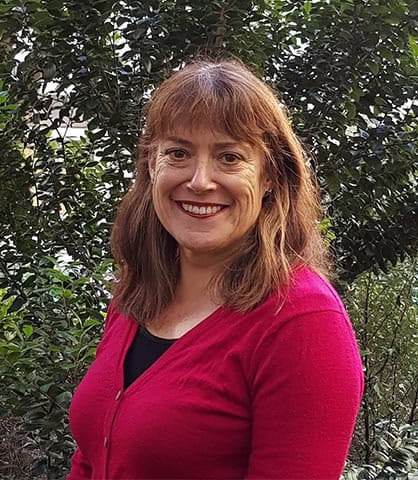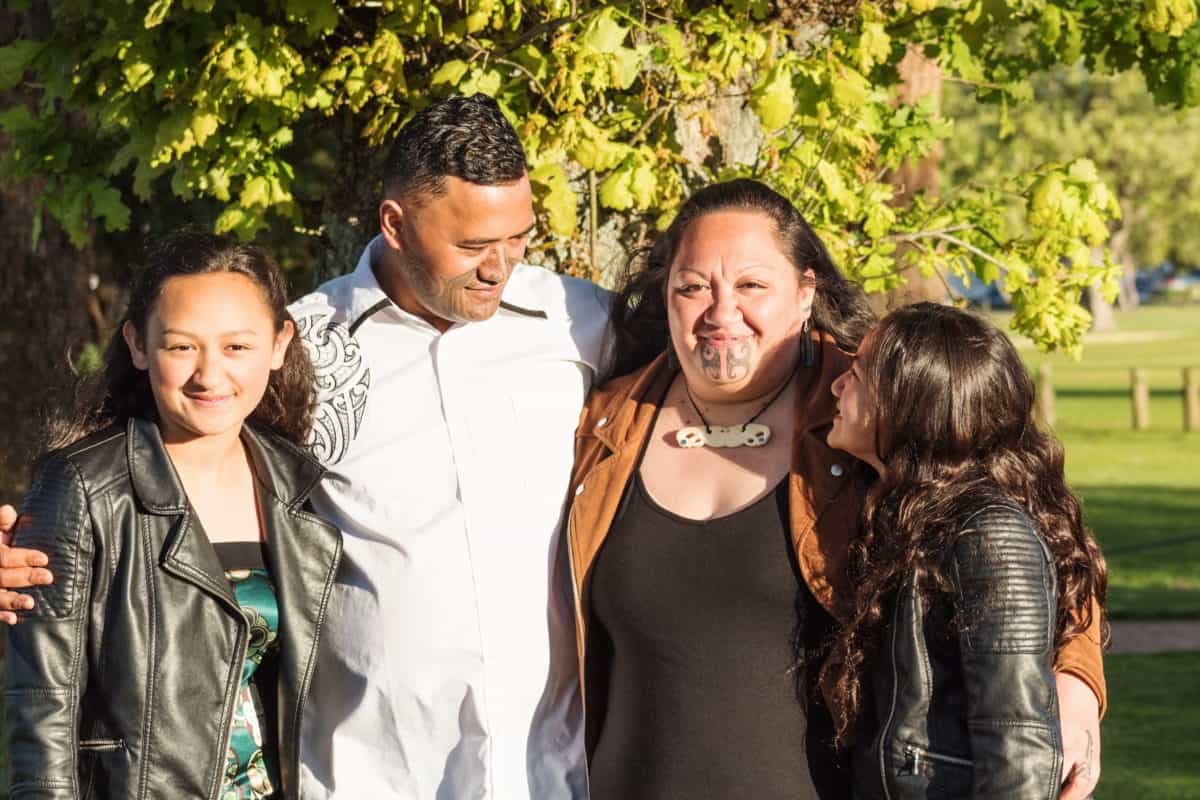New project to support health system change in Aotearoa New Zealand
16 June 2021
While evidence-based health services introduced over the past 40 years have contributed to overall health gains in Aotearoa New Zealand, the way they are provided has led to inequitable benefits across the population.
For some conditions, such as COPD* and lung cancer, incidence and mortality in Māori have increased while decreasing in NZ Europeans. For other conditions, such as ischaemic heart disease, Māori incidence and mortality have improved but there have been even greater improvements for non-Māori, non-Pacific people.

Both scenarios have resulted in widening health disparities, and the way health interventions are delivered may be part of the issue.
New research funded by Healthier Lives aims to address persistent and growing health inequities by developing and testing a framework that will support the more equitable design and implementation of health interventions. Healthier Lives has awarded $970,774 for Stage 1 of the Systems change for health equity project which will support changes in the New Zealand health system during an upcoming period of reform.
Professor Sue Crengle (Kai Tahu), a general practice doctor and public health researcher at the University of Otago, will lead the project in partnership with Waitematā DHB.
Persistent Inequities
There are many causes of persistent inequities in the health of Māori and Pacific peoples when compared with people of other ethnic groups. Health system factors, such as differences in access to, and outcomes from, health interventions, can contribute to the problem.
By adopting a more systematic approach to implementing health interventions, the researchers aim to identify whether the design and implementation of an intervention will reduce or exacerbate inequities.
Being ‘equity-ready’
Aotearoa NZ currently does not have a systematic approach to implementing health interventions, although several useful tools and frameworks already exist. Stage 1 of the project will review these to develop and test an equity-focused implementation science framework to guide the implementation of interventions.
“We will also develop an ‘equity readiness’ tool to assess whether the intervention’s design may reduce inequities once implemented,” says Professor Crengle.
Stage 2 of the project will trial the equity framework and tool on a specific health intervention. Lung cancer screening has been identified as a potential intervention, but this will be confirmed during the first stage of the project.
“We look forward to working with Waitematā and Auckland DHBs and others to use the framework in developing a way of implementing an evidence-based intervention that focuses on a non-communicable disease,” says Professor Crengle. Lung cancer is the commonest cancer in the Māori population. It is the leading cause of death for Māori women and is second (after cardiovascular disease) for Māori men.
“If effective, wider use of the framework and tool would ensure that health interventions are designed and implemented in ways that address equity of outcomes,” says Crengle.
Co-design and collaboration
The project came about as a result of a recommendation from a hui hosted by Toi Tangata and Healthier Lives with Māori community leaders and researchers. Participants considered priorities for future research and identified changing the NZ health system to achieve equitable health outcomes as the top priority.
Like all Healthier Lives research, this project involves wide collaboration between university, clinical and community-based researchers across the country. However, it is the first Healthier Lives project to be reviewed by a Vision Mātauranga panel as well as the traditional Science Review panel. This was a unique opportunity to ensure Vision Mātauranga was fully incorporated from an early stage of the research design.
“This research will be guided by a Kāhui that includes representatives from Waitematā DHB’s Iwi partner Ngāti Whātua and urban Māori partner Te Whānau o Waipareira Trust,” says Professor Crengle.
“It’s vital that we listen to community voices in this research. Delivering health interventions in a way that is accessible by, and acceptable to, Māori and Pacific peoples will improve health and save lives.”
*Chronic obstructive pulmonary disease (COPD) is a chronic inflammatory lung disease that causes obstructed airflow from the lungs.


